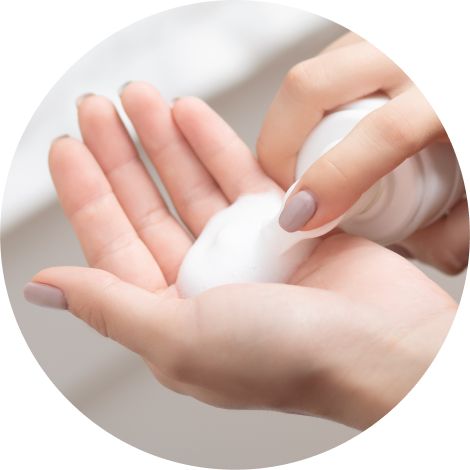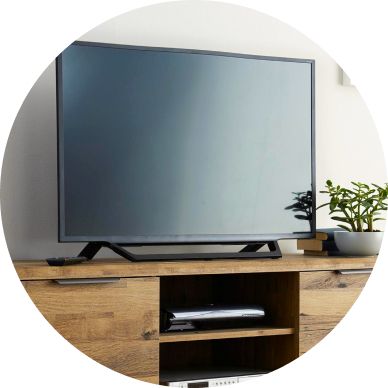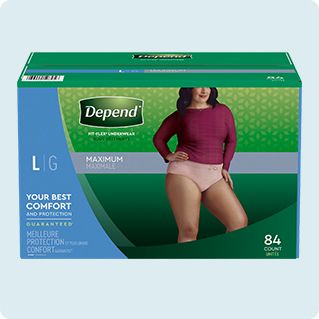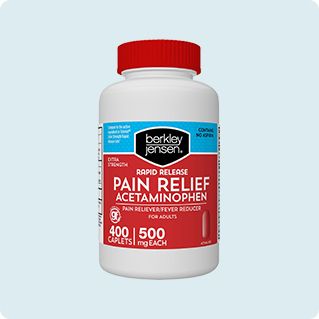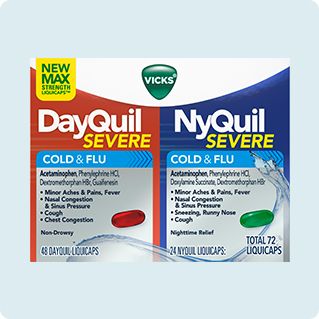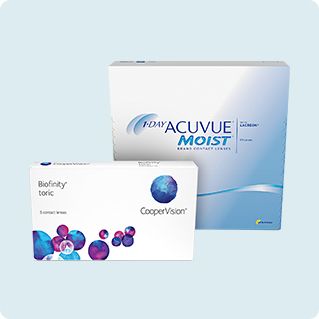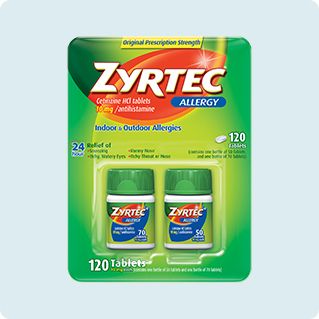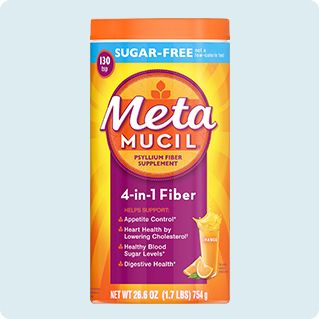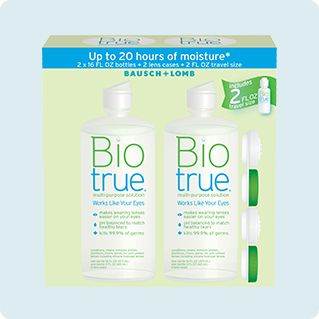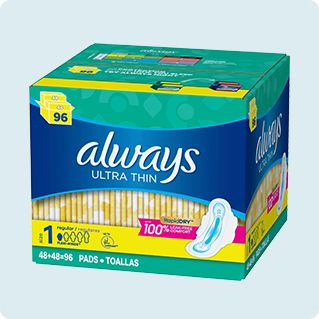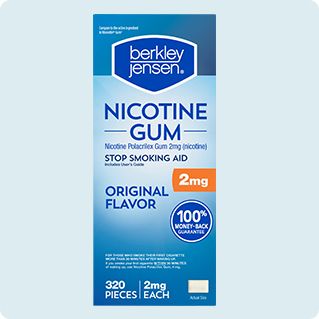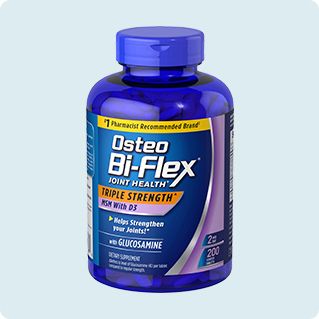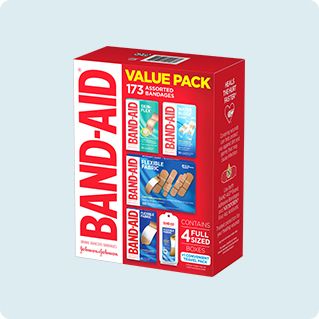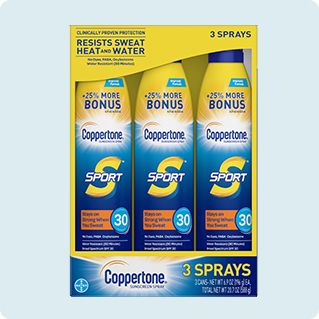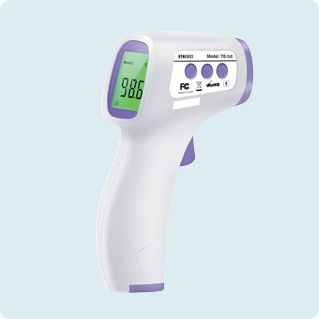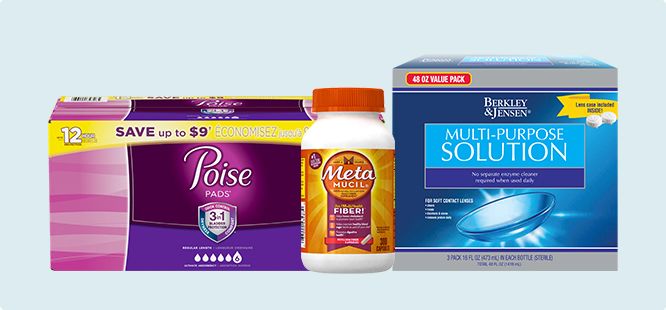What is FSA/HSA?
Health Savings accounts (HSAs) and flexible spending accounts (FSAs) allow you to set aside non-taxed money for specific out-of-pocket healthcare expenses, but is use-it-or-lose-it. Check with your employer or insurance company to see if you have FSA or HSA benefits.
Look for the FSA/HSA eligibility tag.
Shop by Category
FAQs
Health savings accounts (HSAs) and flexible spending accounts (FSAs) are two fringe benefits offered by some employers that allocate pre-tax dollars for special purposes.
HSAs and FSAs, while structurally similar, are intended for different purposes and must be used accordingly.
HSAs are associated with high-deductible health insurance plans to help defray some of those costs of the high deductible and can be rolled over each year.
FSAs can use after-tax dollars and cover a wider variety of activities such as child care but is use-it-or-lose-it.
If you have a health savings account or flexible spending account, you can now use them for more qualified expenses than in years past.
Thanks to the Coronavirus Aid, Relief and Economic Security (CARES) Act, you can use your FSA or HSA funds to buy over-the-counter medications without a prescription, like pain relievers, heartburn medications, allergy relief and more, for the first time since 2011. You can also use your funds for feminine care products, including tampons, pads, liners, cups, sponges, etc., for the first time.
- Cold and Allergy
- Digestive Health
- Pain Relief
- Prenatal Vitamins
- Braces and Elastic Supports
- First Aid
- Eye/Ear Care
- Family Planning
- Foot Care
- Oral Care
- Baby Health and Wellness
- Baby Nutrition
- Overnight Underpants
- Sunscreen
- Diabetes Care
- Home Health Care
- Diagnostic Products
- Feminine Care Products
- Vitamins for General Health
- Cosmetic Procedure
- Hair Removal or Restoration
- Maternity Clothes
- Teeth Whitening
- Controlled Substances
- Diaper Services
- Health Club Memberships
- Personal Use Items (i.e. toothpaste)
- Weight Loss Products
Your FSA or HSA Administrator might require you to submit paper receipts on eligible expenses.
You’ll have to typically submit a reimbursement claims form with:
- your personal details,
- product/service details (provider information)
- amount owed
- date of service provided
Check with your plan for details.


